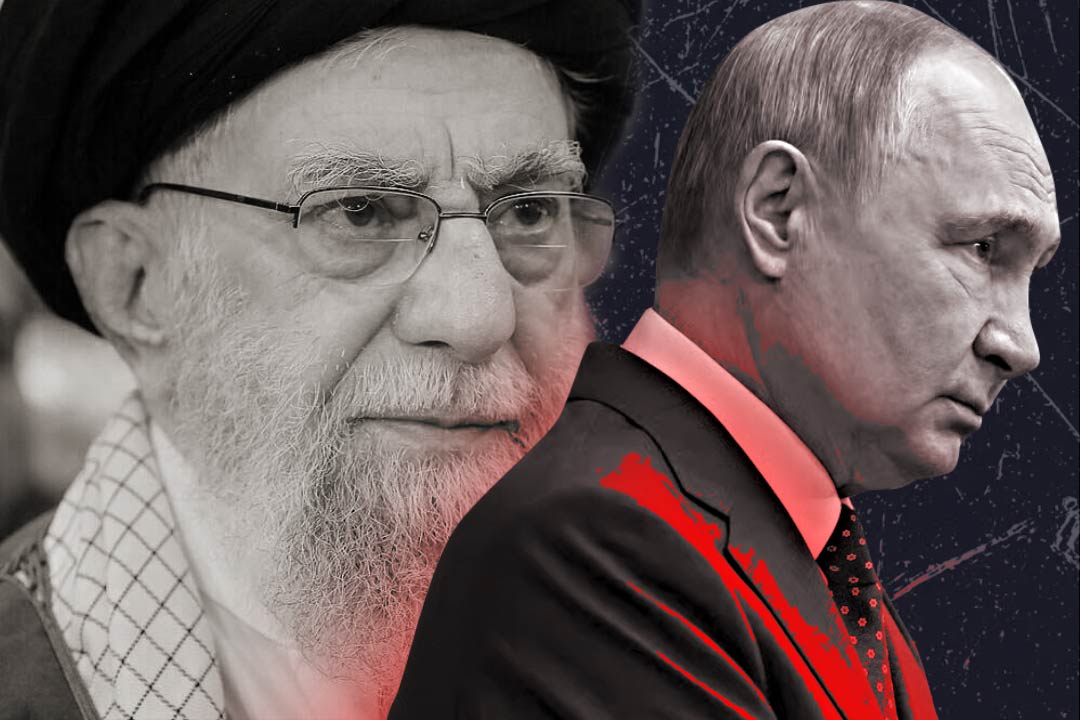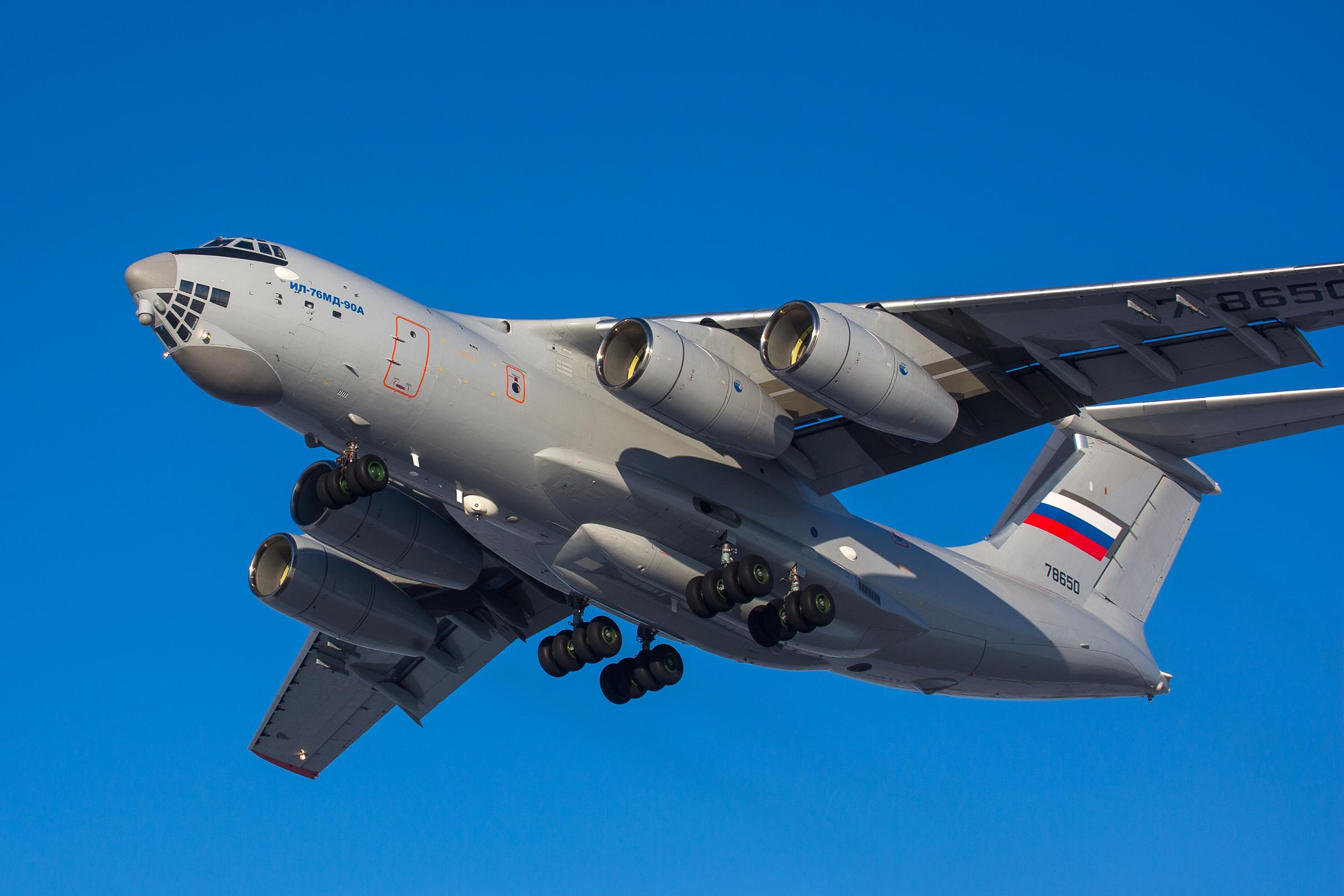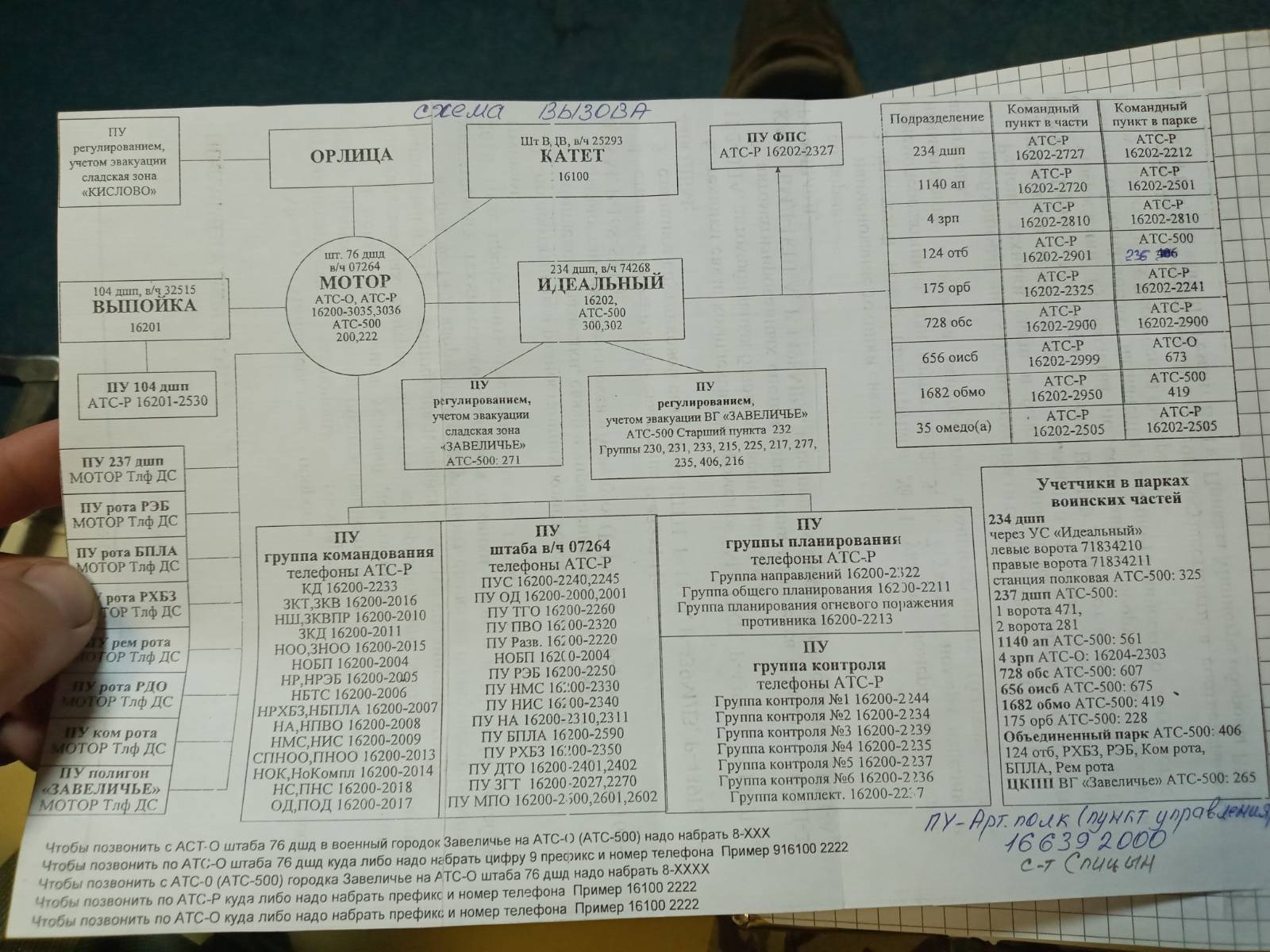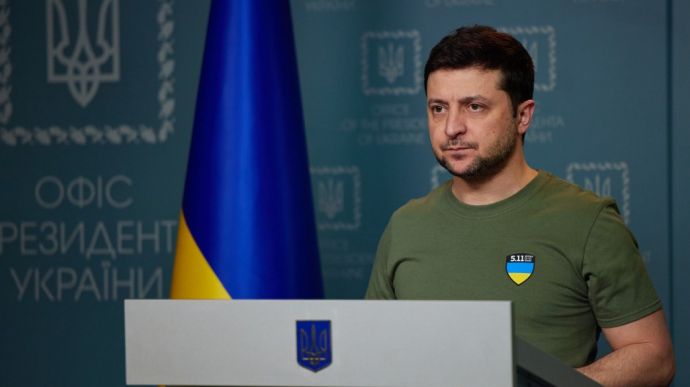The recent escalation in the Middle East—culminating in a U.S. strike on Iran’s nuclear infrastructure—brought a swift and unexpected ceasefire between Israel and Iran. However, what stood out more than the de-escalation was Russia’s conspicuous inaction in support of its nominal ally, Iran.
Russia’s Strategic Absence
Tehran likely expected Moscow to provide tangible support—air defense systems, munitions, or military logistics—to bolster its position against U.S. and Israeli pressure. But no such support materialized. Beyond verbal condemnations, Russia offered nothing of substance to Iran.
There are practical reasons for this silence. Russia remains deeply entangled in its war against Ukraine, launching daily waves of missiles and drones—many of which come from Iran itself. Logistically and politically, Russia is stretched too thin to support Tehran militarily.
According to diplomatic sources, Iran requested that Moscow temporarily take custody of enriched uranium and return Iranian missiles stored in Russia. The Kremlin refused both requests. In the eyes of many observers, Russia has effectively abandoned Iran, choosing to preserve its strategic resources rather than come to Tehran’s aid.
The Decline of Russian Arms Credibility
This episode also highlighted a growing realization: Russian-made weapons are no match for modern Western technology. Israel’s successful strikes on Iran’s missile systems, including Russian S-300 air defenses, have underscored this vulnerability. This revelation should deeply concern Russia’s military leadership—it calls into question the reliability and competitiveness of its defense exports and strategic capabilities.
The Fracturing of the “Axis”
In an article by The Atlantic, analysts argue that the so-called Russia–China–Iran axis is crumbling. Despite shared hostility toward the West, these countries lack formal alliances, shared values, or institutional commitments. Each acts unilaterally, prioritizing its survival and strategic interests.
“In calmer times, China, like Russia, is happy to use Iran as a battering ram against the U.S. and its allies. But when tensions turn into military confrontation and global stability is at risk, backing Iran looks like a far less sensible investment to Beijing than preserving its own economic and diplomatic relations with the West. China’s mild reaction isn’t just a blow to Iran; it may also suggest that the much ballyhooed “no limits” partnership between Xi and Russia’s President Vladimir Putin might not be as sturdy as Moscow and Beijing advertise”, The Atlantic wrote.
Iran’s expectation of solidarity was met with silence not only from Russia but also from China and North Korea, who offered no military or diplomatic support in the wake of U.S. and Israeli airstrikes. The New York Times echoed this sentiment, asserting that this group of states is better described as “self-interested authoritarian actors” rather than an actual alliance.
“The reality of this conflict turned out to be that Russia and China didn’t run to Iran’s rescue. That just exposes the limitations of the whole ‘axis’ idea. Each of them is pretty selfish and doesn’t want to get embroiled in the wars of others. These are very different wars and different sets of conflicts. The countries are not necessarily sharing the same structures and values and institutional links the same way the U.S. and its allies do”, The NYT quoted Alexander Gabuev, the director of the Carnegie Russia Eurasia Center, as saying.
Strategic Partnerships Without Commitments
While Iran and Russia signed a long-term strategic partnership in early 2024—and while Tehran continues to supply Russia with Shahed drones for its war in Ukraine—the relationship remains transactional, not foundational. Sanctions, isolation, and short-term mutual benefit drive these convenient marriages.
China, for instance, has been cautious and measured in its response to Middle Eastern tensions, despite being Iran’s largest trade partner and oil importer. It issued delayed statements calling for “de-escalation” and refrained from condemning Israeli actions. Despite heavy trade with Iran, Beijing prioritized economic stability over geopolitical entanglements, especially after Iran’s threats to close the Strait of Hormuz.
China’s muted reaction reflects a broader truth: economic pragmatism outweighs ideological alignment. Tehran exports 90% of its oil to China, and about one-third of its total imports and exports involve Chinese partners. Still, China has no intention of risking its global position for Tehran’s ambitions.
Putin’s Cynicism and Strategic Isolation
Russian President Vladimir Putin, once viewed as the central figure uniting global opposition to the West, is now seen by experts as a “cynical manipulator” who will abandon allies when it is convenient. The events surrounding Iran demonstrate this clearly.
While Moscow benefited from Iranian drone shipments and diplomatic support, it now withholds assistance when Tehran is under fire. The pattern is consistent: Russia also failed to defend the Assad regime during recent unrest in Syria and did not intervene when Azerbaijan reclaimed Nagorno-Karabakh from Armenia—a longstanding Russian ally.
Is there an Axis?
When people talk about the “axis of evil,” they are referring to three countries: Russia, Iran, and North Korea. China stands somewhat apart, being “more cautious and unwilling to be associated with this axis but supporting each of the countries in one way or another. This axis was clearly formed against the backdrop of Russian aggression against Ukraine. These four countries are united, first, by “anti-Westernism and anti-Americanism” and, second, by authoritarianism.
In addition, “isolation, sanctions, and the need to survive” are pushing them to cooperate. This is an opportunity for each of the countries to stay afloat, develop economic relations, and receive military aid.
Another partner of Tehran, China, for its part, did not rush to supply Iran with short-range missiles and other air defense systems. Instead, Beijing only condemned Israel’s first strike. Chinese President Xi Jinping waited four days before calling for “de-escalation.” And Chinese Foreign Minister Wang Yi refrained from condemning Israel’s actions in a conversation with his Israeli counterpart.
After the Iranian parliament voted to close the Strait of Hormuz, Beijing’s foreign affairs representative emphasized that the Persian Gulf is the world’s most important trade route. He called on partners to prevent military action from having a greater impact on global economic growth. Such statements from Beijing indicate that Iran is important to China in terms of economic interests, as Tehran exports about 90% of its oil to China.
“China receives 13 to 14% of its crude oil from Iran annually. And Iran is heavily dependent on China for its trade. About a third of Iran’s imports and exports go to China,” analysts say.
Conclusion: No Axis, Only Autonomy
Despite shared anti-Western rhetoric, there is no functioning “axis of evil.” Russia, Iran, and North Korea act as independent powers driven by domestic priorities and short-term gains. Their cooperation is tactical, not ideological. And when pressure rises, each regime acts alone. And the pressure on Putin’s regime in the context of its failed war in Ukraine is mounting.
This reality should recalibrate Western understanding of global authoritarian alignments. These regimes may echo each other’s messages, but they will not share the burden of conflict or risk mutual defense. Their unity is a narrative tool, not a military pact.
The absence of support for Iran in its confrontation with Israel exposed more than Tehran’s vulnerability—it revealed the hollow nature of its international alliances. Strategic partners in times of peace can quickly become spectators in times of crisis. It also revealed the consistency of Russian betrayals of its strategic partners: Syria, Armenia, Iran….








